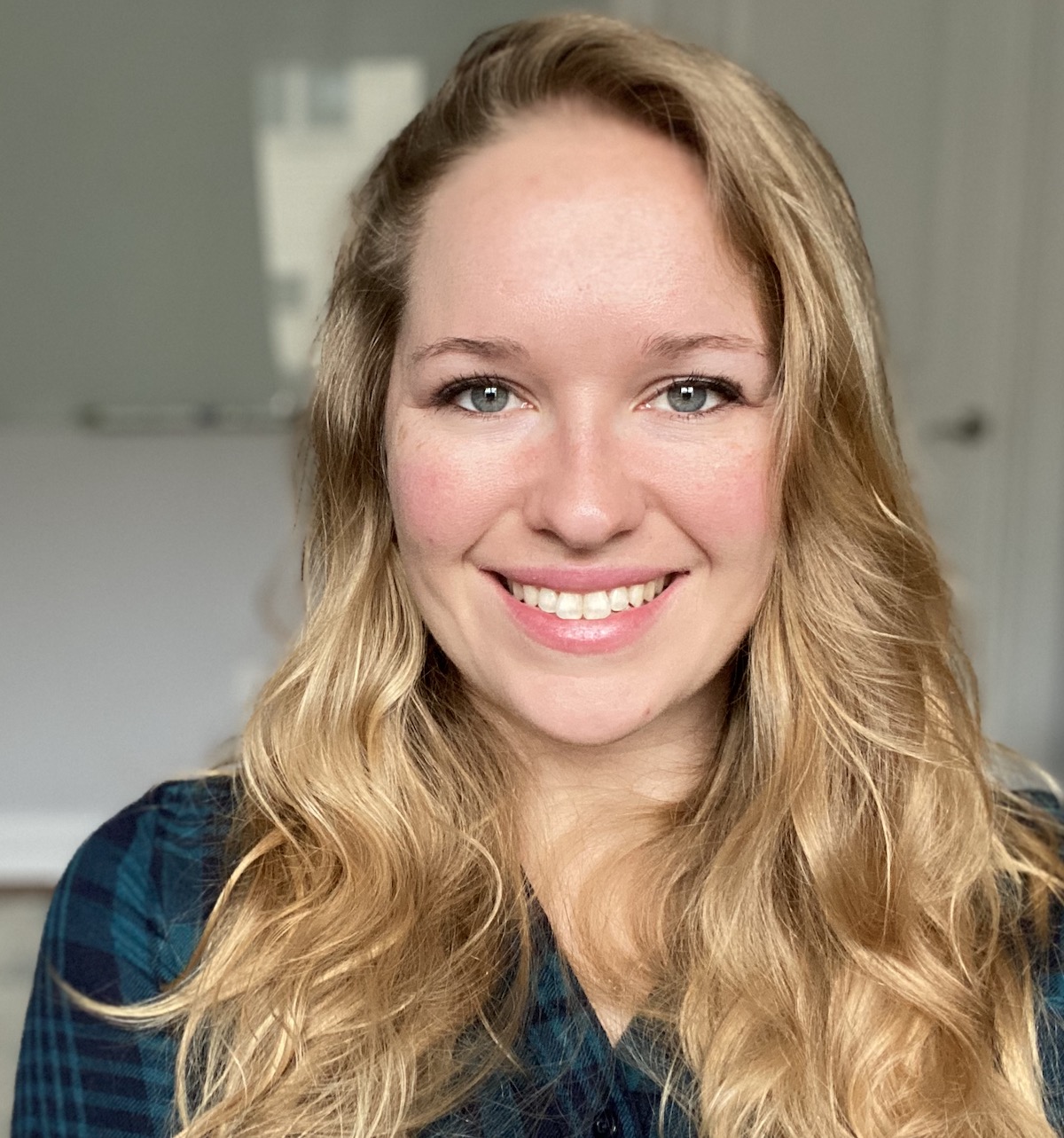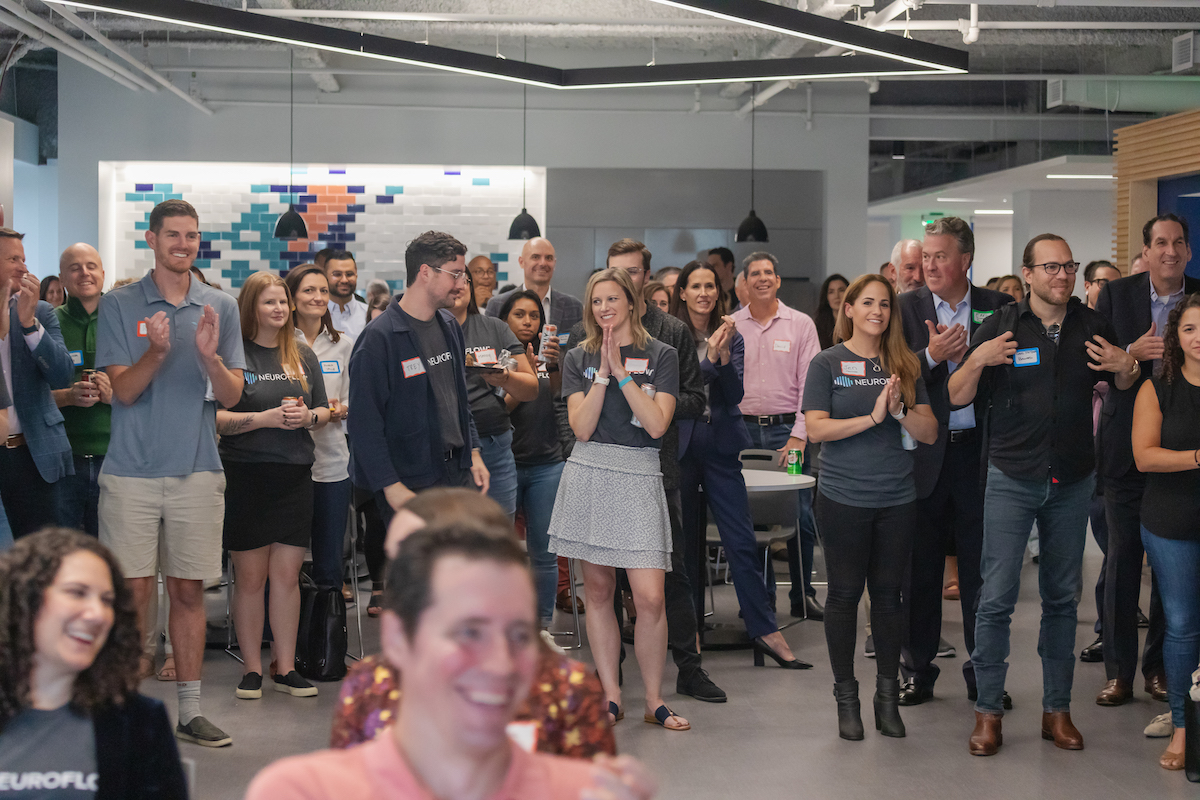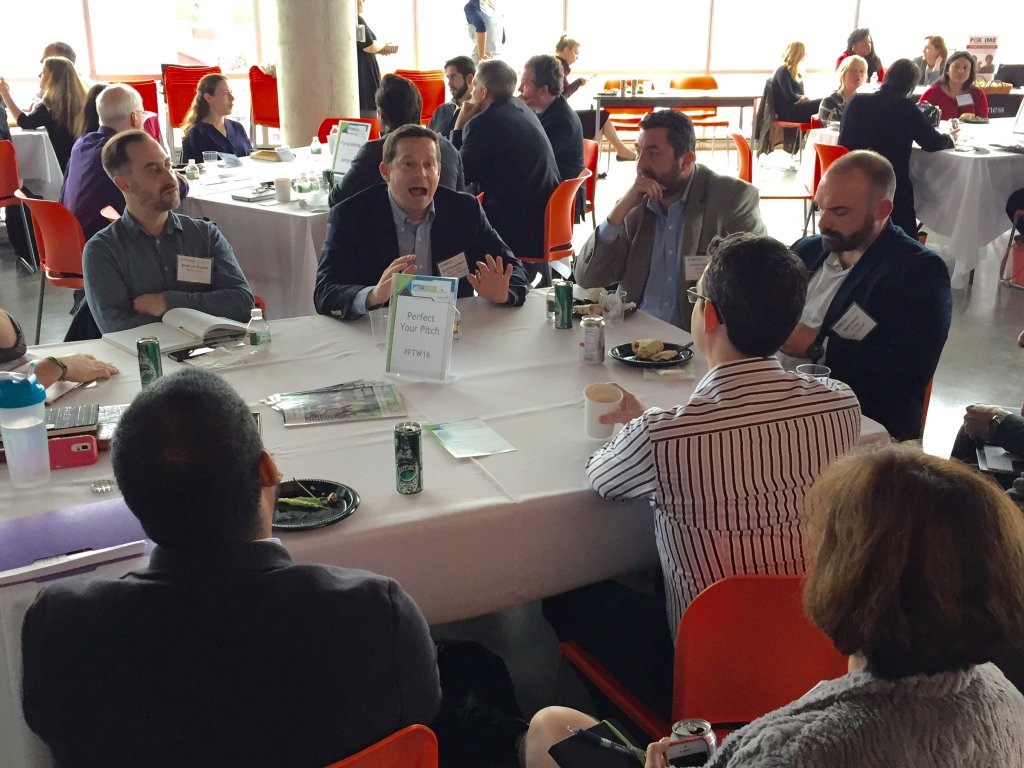The Philly startup ecosystem has been on the rise for quite some time. In 2022, for instance, Philly was ranked 27th on Startup Genome’s Global Startup Ecosystem Report, two years after being named a lower-level “emerging” startup ecosystem. The companies fueling the city’s innovation are impacting a variety of industries across healthcare, life sciences, technology, consumer packaged goods and more.
Building a business is not easy. From ideation to validation, to fundraising and growth, there are challenges along the way — and most aren’t successful.
I host a new Philly startup podcast called Founding Philly, where I have the privilege to sit down with the innovators, founders, and builders shaping the Philly startup scene. From my interviews in the past seven months, here are five lessons:
Lesson 1: Validate early on if your problem is a problem worth solving
Whether it is the next unicorn or bootstrapped success story, all businesses start with an idea. But is your idea a business? It is important to make sure that your idea is solving a real problem and that the problem is big enough to solve — and worth solving.
Make sure that you are validating this early on. Validating doesn’t need to get complicated. Share the idea with friends and colleagues. Use online tools, social media, email and other resources that you have at your disposal. In episode five, Carolyn Mooney, the cofounder and CEO of decision automation platform maker Nextmv, put it best: “It’s a learning process.”
“MVPs are a way to de-risk things that have a lot of uncertainty and complexity,” she said.

Nextmv CEO Carolyn Mooney. (Courtesy photo)
One of Philly’s most exciting startups, Lula Convenience, the delivery solution for convenience retailers, did just that. In episode 14 of the podcast, Adit Gupta shared that he and his cofounder Tom Falzani actually started Lula on Instagram, initially posting convenient store items with a Stripe subscription link and then delivering items purchased to users.
When people say MVP, it is just that — a minimal viable product. It is something that gets your idea across enough to get feedback from users. Oh, and make sure to ask if someone would pay for it.
Lesson 2: Be aware of market signals and embrace the pivot
Most companies aren’t doing what they originally set out to do, and there is a reason for that.
NeuroFlow, the health and analytics company closing the digital divide in behavioral health, didn’t start out doing what it’s doing now. In episode four of the podcast, cofounder and COO Adam Pardes shared with us that they originally worked with wearable devices to capture real-time data that could be used in therapy sessions. They later learned there wasn’t much of a business model around that idea.
Getting started is a big challenge and sticking to the path is even harder. However, being on the journey and working in that specific market with that specific customer segment allows you to learn, understand and hone in on what problem you are trying to solve. This will reveal opportunities and potential pivots that the company can make along the way. Changing course from the original idea can sometimes be perceived as negative, but waiting too long could lead to failure. It is always important to embrace the pivot.

At NeuroFlow’s fall 2022 office opening event. (Courtesy photo)
Lesson 3: Product-market fit isn’t a destination, it’s a journey
What is product-market fit? In short, it is the degree to which a product satisfies a strong market demand. Companies strive to achieve this because until that point, you don’t know whether or not what you are building solves a real problem, and if that problem has a large enough market. It is a journey for companies to get to this point because they are looking for their target customer during the process and tracking to see whether sales and the idea are catching on.
We have heard from many founders on the podcast, the same consistent message regarding product-market fit. It is not something you simply achieve, it is always evolving, and it is a moving target. Customer behaviors change and it is important to be sensitive to that, just because you have it at one point, doesn’t mean you have it forever. Product-market fit is a moment in time, and as the market evolves, you need to be able to evolve with it.
Lesson 4: Understand the funding cycle and the responsibilities that come with it
Every company wants to be the next unicorn and announce their latest eight- or nine-figure round. Raising money helps for many reasons. It provides your company with the ability to hire top talent and the resources to disrupt the market. As a founder or business leader looking to raise money from investors, understanding how much money to ask for and what the company would do with it is most important. Have a plan in place.
As Scott Nissenbaum, president and CEO of Ben Franklin Technology Partners of Southeastern Pennsylvania, shared on episode 12: “It is crucial to make sure you have enough money to get you to the next milestone. It is important to understand how your company will spend the money to best position the organization for an opportunity at an even bigger next round of funding.” And lastly, always, always pay attention to your run rate.

Scott Nissenbaum speaks at a Philly Tech Week 2016 event. (Technical.ly photo)
Lesson 5: The people around you matter most
The last lesson to share is another consistent message we have heard on the podcast. At the end of the day, it is about the people around you that matter most. Companies are where they are today because of the cofounders, team members, partners and mentors along the way.
As noted, building a business is a tough journey. In episode two of the podcast, Josh Mastromatto, cofounder of Rego, said it best: “There are just simply too many things to do, and you really need diversity in thought. … You want someone else in there with you that you can trust.”
Understanding your strengths and weaknesses and bringing in those that can help drive the mission forward.
###
Philadelphia has a thriving startup ecosystem. More and more companies are establishing homes in the City of Brotherly Love, thanks to an active community full of accelerators, investors and top talent. At the end of the day, it is about the relationships that drive this ecosystem to be what it is today.
If you are interested in learning more lessons from the innovators, founders and builders in the Philly startup scene, check out the Founding Philly podcast available on Apple Podcasts, Spotify, and wherever else you may listen to podcasts.
Join the conversation!
Find news, events, jobs and people who share your interests on Technical.ly's open community Slack

Philly daily roundup: East Market coworking; Temple's $2.5M engineering donation; WITS spring summit

Philly daily roundup: Jason Bannon leaves Ben Franklin; $26M for narcolepsy treatment; Philly Tech Calendar turns one

Philly daily roundup: Closed hospital into tech hub; Pew State of the City; PHL Open for Business


